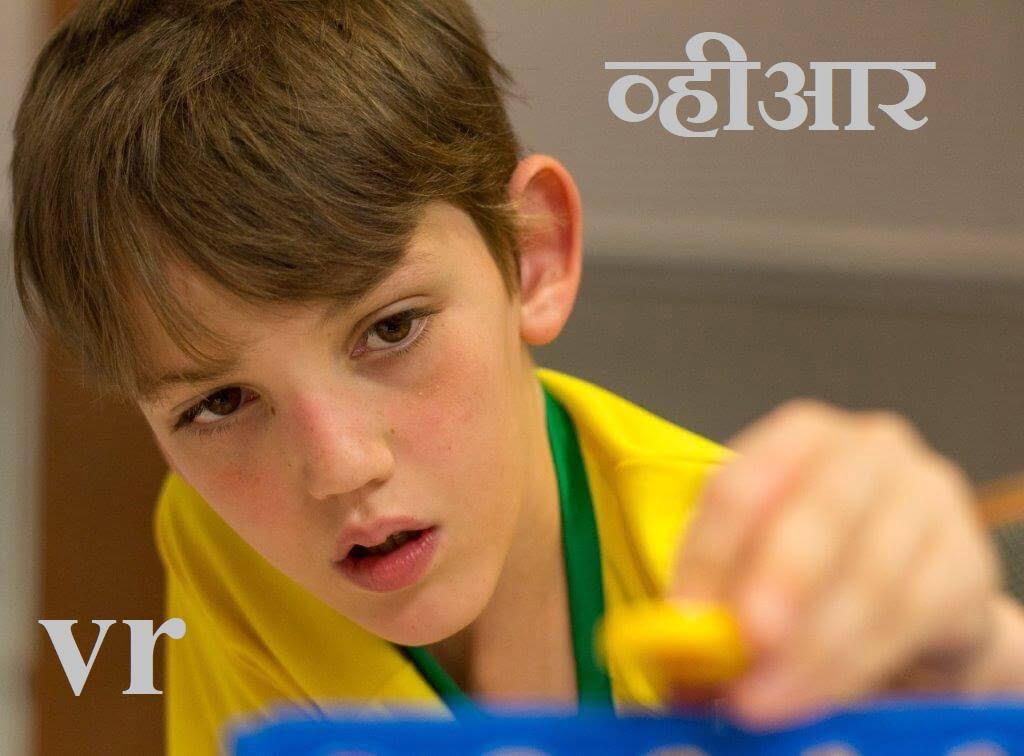How can special education benefit your child with ASD?
Chances are if you are a parent of a child with Autism Spectrum Disorder (ASD), you may find yourself a little confused with the variety of provisions when it comes to special education and selecting a plan that works best for your child’s individual needs because there is so much to know in order to get your child the best help possible. However, special education benefits all special needs children, and once your child is diagnosed, the sooner they start getting social training, speech therapy and have an Individualized Education Program (IEP) set in place to help achieve their goals, the more successful their intervention will be.
What does special education include?
Related services like occupational therapy, physical therapy, speech therapy, and counseling are included to make the most out of special education. Before that, however, a comprehensive neurodevelopmental evaluation profile needs to be initiated, done by a child psychologist or psychiatrist. This will be completed using your input about your child’s behaviour and skills. The outcome of the evaluation will help the child psychologist or special educator formulate your child’s IEP which is tailored precisely for your child’s individual needs. The IEP identifies skills and problem areas and accordingly sets specific goals that you will work on with your child. For instance, a common theme with children who have ASD is that they may easily become overwhelmed by sensory stimuli around them, and everyday activities can potentially lead to a meltdown due to overstimulation. In such cases, your child’s IEP will include a list of triggers and adaptive strategies that reduce these occurrences over time. Most special needs children with autism tend to be visual learners, so activities that make use of strong visual tools and allow learning from visual experiences are likely to be included in their plan. These are only a few ways in which special education can be beneficial for your child.
Speech Therapy for ASD
In addition to this, speech therapy is an important part of special education services provided to children with autism. Speech-language therapy addresses the common challenges they face with language and communication. Impaired social interaction is one trait that most children with ASD share, along with well-known symptoms like failure to make eye contact, lack of appropriate response to their name, lack of optimal conversational skills, and use of repetitive phrases or repeating things from memory, among others. Speech therapy can help improve their non-verbal, verbal and social communication.
A speech therapy program starts with an evaluation of the child’s communication strengths and challenges by a speech therapist or speech-language pathologist. Based on this evaluation, the therapist creates individual goals for speech therapy, which is again included in the IEP.
For instance, the skills that your child’s speech therapist may work on will include:
-
strengthening of mouth, neck and jaw muscles
-
making clear and intelligible speech sounds
-
understanding body language
-
matching facial expressions with emotions
-
responding appropriately to questions and while being addressed, etc.
Why do children with ASD need special education?
In special education settings such as that of a special needs school, special educators and speech therapists work together to help your child work on goals related to social communication, which includes working in groups to develop social skills and communication in addition to one-on-one therapy. They may also work on coaching your child on social communication in different settings. Special education schools are well equipped with highly qualified professional special educators, specialized therapists who work together to provide the best services to your child, as well as pay close attention to your child’s changing needs and look for signs when the intervention plan or IEP needs to be adjusted accordingly.
While discussing the importance of special education for your child, It is important to remember that being diagnosed with ASD doesn’t mean that your child is any less capable, and with the right help they can reach their potential and go on to achieve great things later in life.


